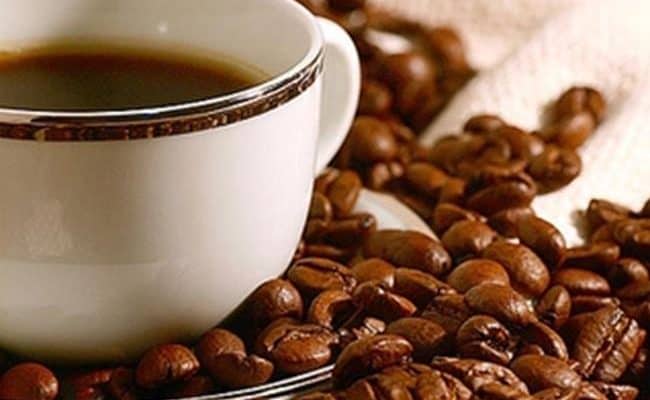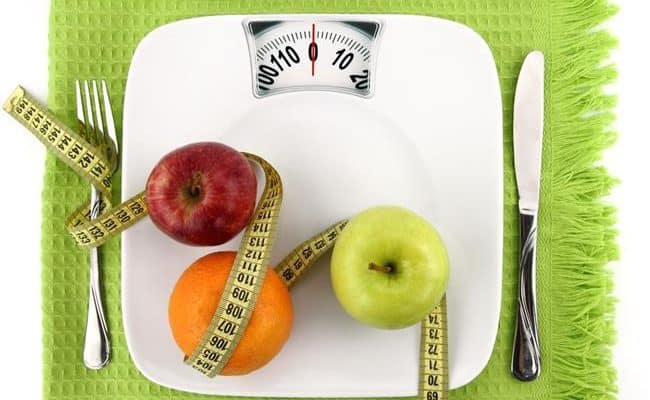
Here are some of the most common nutrition myths often seen in the media and why they should not be believed.
Carbohydrates make you fat
Although high protein low carb diets are incredibly popular at the moment, it is a myth that foods such as bread, rice, pasta and potatoes will make you fat if consumed in moderate amounts.
Although there is some published evidence suggesting that high protein diets help with weight loss, this may be due to the fact that when carbohydrates are removed from the diet they are not replaced and therefore less calories are consumed overall. High protein diets can also result in quick weight loss to start with as they tend to cause increased water loss.
There is no doubt that if carbohydrates are eaten in quantities larger than needed, as with any food, they will cause weight gain. It is also important to choose nutritious low GI carbohydrates that will keep you fuller for longer and not cause spikes in blood sugar levels.
Processed carbohydrates that are high in sugar and fat may contribute to weight gain, but whole grain, low fat, low GI carbs consumed in moderate amounts can easily be part of a weight loss diet, and in fact provide valuable nutrients such as fibre, and B vitamins.
Carbohydrates are particularly important for active people to maintain energy levels to perform well or get the most out of your workout. Read also Good carbs and bad carbs: the truth about carbohydrates for more details.
You need to eat a lot of extra protein to build muscle
Unless you are a serious body builder, you are unlikely to need to supplement protein to reach your bodies requirements for muscle growth. It should also be noted that a high protein diet alone will not build muscle; you also need to undertake a weight training or strengthening regime.
To build your muscle levels it is also important to consume enough calories from healthy foods, and allow rest and recovery time. See also: Top 10 Foods for building muscle
Most people get more than enough protein in their daily diet to build muscle, and even if you are undertaking a strength training program, any extra protein required can usually be obtained by choosing high protein snacks post-workout, such as nuts, low fat dairy, fish, lean meat and legumes.
Eating late at night will make you gain weight
It is not the time you eat food, but what you eat and how much of it that will make you gain weight. To lose weight the calories you consume need to be less than the calories you burn during exercise or in day to day life, so no matter whether you eat late or early, it is calorie balance that is the most important factor in weight loss. Our bodies deal with the excess calories in the same way no matter what time of day it is.
However, it should be noted that if you are turning to unhealthy, high calorie snacks late at night you may be adding extra calories to your diet that will cause weight gain. A lot of people turn to comfort foods to wind down after a busy day, and it is overeating these types of foods that will cause weight gain not when you eat them.
Products low in cholesterol are good for you heart
Many products on the supermarket shelves use ‘low cholesterol’ as a selling point to promote the food as a healthy alternative.
However, evidence suggests that the cholesterol found in food does not affect our levels of harmful blood cholesterol nearly as much as saturated and trans fats. If you are looking for a heat healthy alternative, choose products low in these harmful fats that can raise blood LDL cholesterol, rather than products advertised as low cholesterol.
Low fat means healthy
Many consumers see products marketed as low fat or fat free and see this as the healthier option, but in fact this is not always the case. Often products that have the fat removed have sugar or artificial additives to maintain the flavour and texture of the food without the fat.
Due to the sugar content they can even be higher in calorie than the full fat version. Fat free products such as snack foods also provide little in the way of nutritional value and are often empty calories.
A moderate amount of fat is important in our diets, so low fat does not always mean that the product is better for your health. High fat foods such as avocado, nuts, olive and vegetables oils and fish all have a high fat content, but not only is the fat the type that is healthy for our hearts, but they also provide large quantities of other important nutrients.
Vitamin supplements are necessary to get all the nutrients you need
For the majority of people, if you have a healthy balanced diet and do not have any medical conditions there should be no reason for vitamins and mineral supplements to reach your requirements.
A varied diet covering all food groups and with plenty of fresh products should provide all the vitamins you need along with fibre, carbs, essential fats and protein that cannot be provided by a supplement.
Supplements are expensive and should not take the place of a healthy diet, although at some times in life such as pregnancy and old age, extra supplementation may be required. Talk to a dietician or doctor before starting vitamin supplements to determine if they are really necessary.
Organic food is healthier
All the food that comes to our supermarket and store shelves passes through strict regulation processes to ensure it is safe to eat, and as such both organic and non-organic foods can be highly nutritious and part of a healthy diet.
There are many factors that affect the nutritional content of foods such as how they are grown, stored, shipped and even the cooking method used. For this reason, it is possible for organic foods to have nutritional content that could be greater, less or the same as non-organic food.
Whilst many people claim that organic food tastes better and it is probably more environmentally friendly, it is also expensive, meaning that it is not affordable for everyone.
For people on a budget, it may be better to eater more and a wider variety of non-organic vegetables than a small quantity of organic ones at a high price. See also: Is organic food better for you?
Everyone should eat gluten free
A gluten free diet is very restrictive and can cause nutrient deficiencies if not followed very carefully. This is the only healthy diet for people with Celiac disease or sensitivity to gluten, however, for other people there is no need to follow such a diet and it is no healthier than a balanced diet including a wide variety of whole grains.
Grains provide important nutrients such as B vitamins and fibre, all of which contribute to a healthy body. A gluten free diet can also be anti-social and inconvenient as eating out can be problematic. It is also an expensive way to eat as gluten free products tend to cost more than regular versions.
Fruit is high in sugar and should be limited
Although fruit does contain a relatively high amount of sugar naturally, it also contains a huge amount of minerals, fibre and vitamins and are not too high in calorie, making it a great and nutritious way to satisfy a sweet tooth.
When trying to decrease your sugar intake, foods such as candy, cookies, chocolate and soda should be cut back as these provide very little nutritional value and contain large quantities of sugar and calories.
Detox diets are great to eliminate toxins from the body
Despite their popularity, there is no scientific evidence to support the use of detox diets. Our bodies are already perfectly capable of removing toxins themselves; in fact this is one of the main functions for the liver, kidneys and intestinal system.
Detox diets often result in undesirable side effects such as dehydration and irregular heartbeat, brought on by a fast that lasts more than a few days. Some intestinal clearing products promoted in detox diets could even be harmful. See also: Do detox diets work for weight loss?
References used in this article










